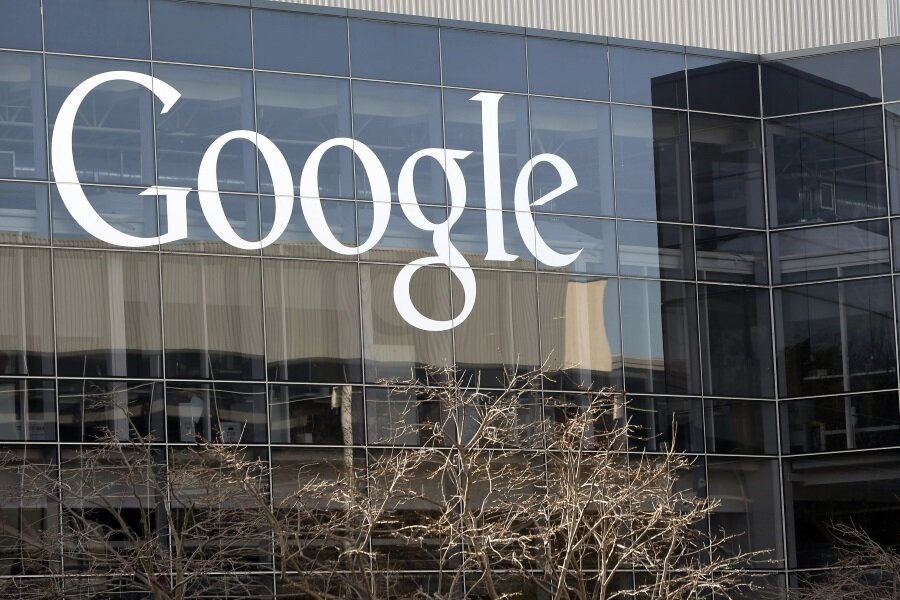UK orders Google to forget nine articles about the 'right to be forgotten'
Can the “right to be forgotten” be hindered by information about the right itself? That’s the proposition under consideration in the United Kingdom this week, where the Information Commissioner’s Office (ICO) has ordered Google to remove links to nine news articles mentioning a man who earlier made a successful “right to be forgotten” request.
The “right to be forgotten” is a practice that applies in Europe, but has not been embraced in other parts of the world. It says that search engines such as Google must remove links to outdated or inaccurate information about a person, if that person requests they do so. It’s meant to prevent defamatory statements – or arrest records for minor crimes committed long ago – from dominating results every time a person’s name is searched.
In this case, the ICO says Google agreed to remove links about the man’s conviction for a minor crime committed more than 10 years ago. But several news articles were then written about Google’s removal of those links – and the articles contained the man’s name and details about his conviction. Google declined to remove those articles, arguing that they were a matter of public importance.
“Google was right, in its original decision, to accept that search results relating to the complainant’s historic conviction were no longer relevant and were having a negative impact on privacy," ICO deputy commissioner David Smith wrote in a statement. "It is wrong of them to now refuse to remove newer links that reveal the same details and have the same negative impact.”
The ICO conceded that news stories relating to the “right to be forgotten,” including stories about individual requests to de-link defamatory or outdated information, may be in the public interest. But it argued that those stories shouldn’t show up on a Google search for the person’s name, since that defeats the purpose of removing the information about that person in the first place. The ICO has given Google 35 days to remove links to the nine news articles in question.
“Let’s be clear,” commissioner Smith wrote. “We understand that links being removed as a result of this court ruling is something that newspapers want to write about. And we understand that people need to be able to find these stories through search engines like Google. But that does not need them to be revealed when searching on the original complainant’s name.”
As of July, Europeans had requested that Google remove more than a million links in total. The company agreed to about 60 percent of the requests. The company’s transparency report, released that same month, contained source data indicating that more than 95 percent of “right to be forgotten” requests came from ordinary Europeans, rather than from criminals or public figures.






